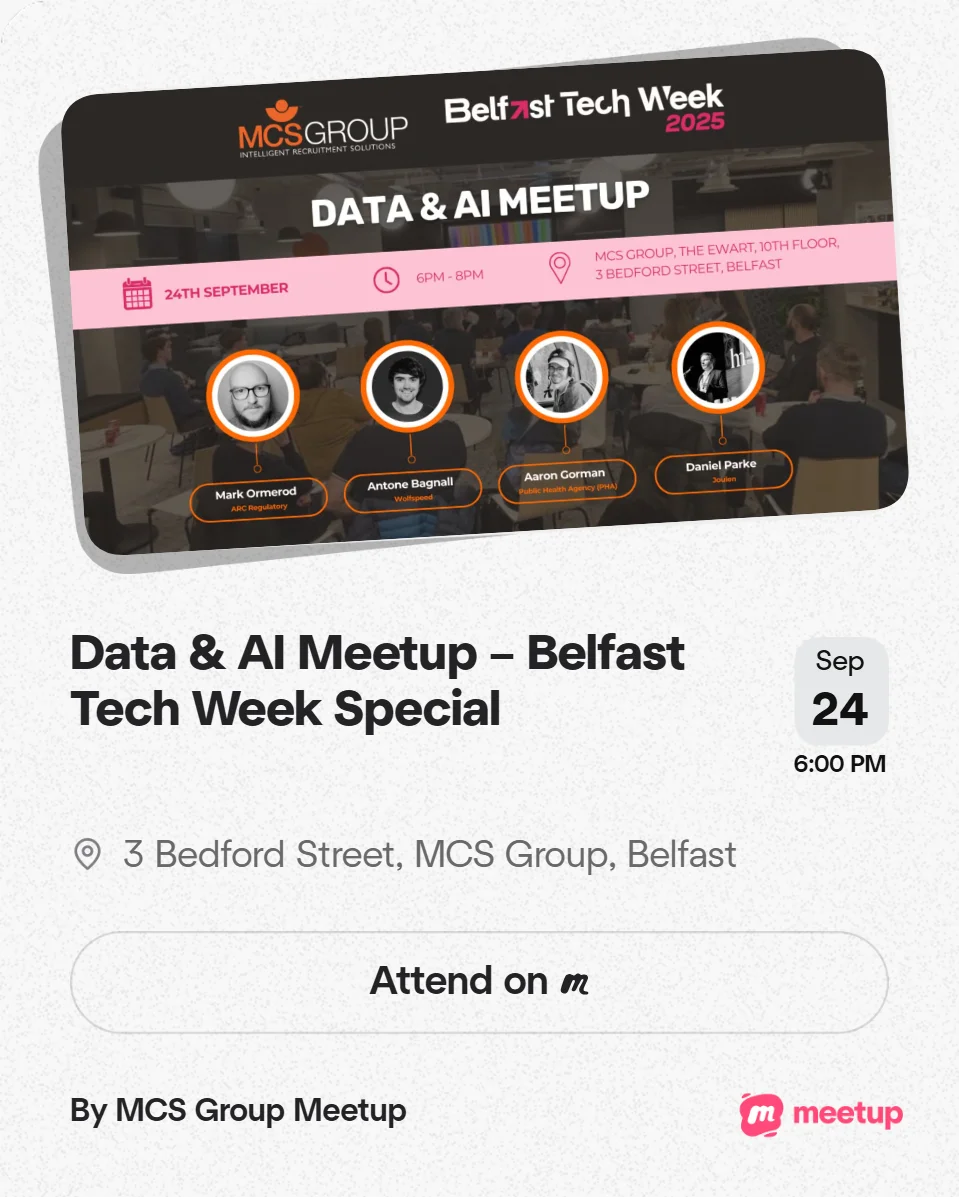Future-Proof Your Fintech Career: Why Containers Are Essential for Engineers
07 Mar, 20245 minutes
In the fast-paced world of financial technology, software engineers play a pivotal role in crafting innovative solutions to meet the demands of an increasingly digital landscape. Among the many technologies driving fintech forward, containers and containerisation stand out as essential tools for modern software development. Here's why fintech software engineers should prioritize upskilling in containers, backed by real-world examples of their impact.
Understanding Containers and Containerisation
Containers are lightweight, portable units that encapsulate software and its dependencies, facilitating consistent application deployment across diverse environments. Containerisation, epitomised by platforms like Docker, streamlines the development and deployment process, empowering developers to build, ship, and run applications seamlessly.
Real-World Examples of Containerisation in Fintech
- Microservices Architecture: Fintech firms adopt microservices architecture to enhance scalability and agility. Containers enable the isolation and independent scaling of microservices, exemplified by PayPal's microservices infrastructure powered by Docker.
- Risk Management and Compliance: Containers bolster security and compliance efforts in fintech. Capital One utilises containerisation to mitigate risks and ensure regulatory compliance across its infrastructure.
- Scalability and Resource Utilization: Containerisation facilitates auto-scaling and efficient resource allocation. Robinhood leverages containers to dynamically scale its infrastructure, optimising performance during peak trading periods.
Why Upskill in Containers and Containerisation?
- Enhanced Portability and Flexibility: Mastery of containers enables consistent application deployment across varied environments, fostering portability and flexibility in fintech solutions.
- Improved DevOps Practices: Containerization aligns seamlessly with DevOps principles, automating software lifecycles and enhancing collaboration between development and operations teams.
- Future-Proofing Skills: Proficiency in containers future-proofs software engineering careers, as fintech firms increasingly rely on containerisation to drive innovation and remain competitive.
Containers and containerisation represent a transformative force in fintech software development. By mastering containerisation techniques, software engineers can unlock enhanced portability, improve DevOps practices, and future-proof their careers in an ever-evolving industry.
In an era defined by digital disruption, upskilling in containers and containerisation is not just advantageous but imperative for fintech software engineers aiming to thrive amidst technological innovation and industry evolution.
To find out more about current opportunities in FinTech, reach out to Jack Tyrell, j.tyrell@mcsgroup.jobs or call 0203 854 8637 for a chat in confidence today.



